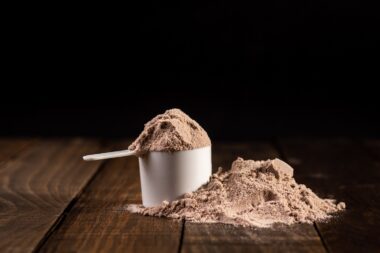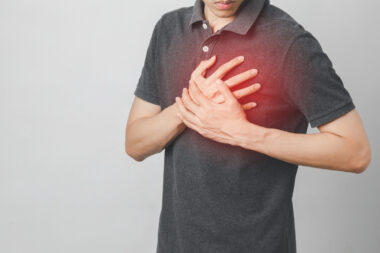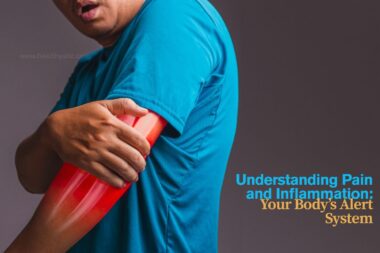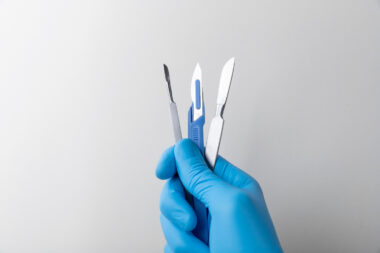Research studies indicate that water retention is generally highest on the first day of the menstrual cycle. It’s common for many women to experience bloating a week before their period, which can cause discomfort and sometimes even pain.
However, making certain lifestyle changes can help manage period bloating. It’s been suggested that reducing or abstaining from water intake during the menstrual cycle can potentially alleviate some of the discomfort associated with water retention.
The negative effects of consuming excess sodium
Incorporate whole foods into your diet as much as possible to reduce your sodium intake. Be mindful of processed and commercialized foods, as they often contain high amounts of sodium and other harmful additives.
Avoid adding extra salt to your meals, and experiment with herbs and spices to enhance flavor instead.
The effects of alcohol and caffeine on menstrual cramps
Consuming alcohol and caffeine-based beverages can exacerbate menstrual cramps by causing water retention and digestive irritation. To help alleviate pain and discomfort during your period, consider limiting your intake of these beverages or avoiding them altogether.
Instead, focus on staying hydrated with water, herbal teas, and other non-caffeinated drinks. If you must have caffeine, opt for a small amount of green tea, which contains compounds that may help reduce inflammation and pain.
Avoiding foods with processed and refined carbohydrates
Refined carbohydrates, such as white flour and processed sugar-based products, can spike insulin levels in your blood, which can lead to water retention and increased sodium levels.
To help reduce menstrual cramps and support overall health, it’s best to limit your consumption of these foods. Instead, opt for whole grains, fruits, and vegetables, which provide important nutrients and fiber while helping to regulate blood sugar levels.
Additionally, consider incorporating healthy sources of protein, such as nuts, seeds, and lean meats, to help keep you feeling satisfied and energized throughout your period.
Prioritize potassium and protein sources for a balanced diet
Incorporating potassium and protein-rich foods into your diet can help support menstrual health and alleviate cramps. Foods such as bananas, sweet potatoes, and leafy greens are excellent sources of potassium, which helps to regulate fluid balance in the body.
Additionally, including foods rich in healthy fats, such as chia seeds, nuts, and avocados, can help reduce inflammation and support hormone production.
To support muscle health and reduce menstrual cramps, aim to include a variety of protein-rich foods in your diet, such as fish, chicken, eggs, lentils, and quinoa.
These foods provide important amino acids that your body needs to repair and rebuild tissue, while also helping to regulate blood sugar levels and promote satiety.
Remember to choose lean protein sources and vary your choices to ensure you’re getting a good balance of nutrients.
Incorporating natural diuretics into your diet
Incorporating natural diuretics into your diet can help reduce water retention and alleviate menstrual cramps. Foods such as ginger, cucumber, lemon, and garlic have been shown to increase urine production and promote fluid balance in the body.
Additionally, these foods provide important vitamins, minerals, and antioxidants that support overall health and well-being.
To incorporate natural diuretics into your diet, try adding slices of cucumber and lemon to your water, using fresh ginger and garlic in your cooking, or enjoying a refreshing cucumber and ginger smoothie.
Remember to also stay hydrated with plenty of water and other non-caffeinated beverages, as dehydration can worsen menstrual cramps and bloating.
Stay hydrated by consuming enough water
Staying properly hydrated is important for menstrual health and can help reduce the severity of cramps. Aim to drink enough water throughout the day so that your urine is pale yellow and odorless.
In general, it’s recommended that adults drink at least eight glasses of water per day, but individual needs may vary depending on factors such as activity level and climate.
To help ensure you’re staying hydrated, carry a water bottle with you throughout the day and sip regularly. You can also incorporate water-rich foods into your diet, such as watermelon, strawberries, and cucumbers, to help boost your fluid intake.
Remember that caffeine and alcohol can be dehydrating, so it’s best to limit or avoid these beverages during your period.
Maintain your exercise routine even during your period
Maintaining regular physical activity can help support menstrual health and reduce menstrual cramps, despite any discomfort or bloating you may experience during your period.
Aim to incorporate a variety of activities into your routine, such as brisk walking, yoga, or low-impact strength training, as these can all help improve circulation, reduce inflammation, and boost mood and energy levels.
If you’re feeling particularly uncomfortable during your period, consider modifying your exercise routine to include gentler activities or taking a rest day as needed.
Remember to listen to your body and adjust your routine accordingly. Additionally, wearing comfortable and supportive clothing can help you feel more at ease during physical activity.
Prioritize getting restful and sufficient sleep
Getting enough quality sleep is important for menstrual health and can help alleviate menstrual cramps and bloating. Aim to get at least 7-8 hours of uninterrupted sleep each night, as this is when your body is able to rest and repair.
To support good sleep hygiene, establish a consistent bedtime routine and create a relaxing sleep environment. This may include dimming the lights, avoiding screens and stimulating activities before bed, and keeping the room cool and quiet.
Additionally, practicing relaxation techniques such as deep breathing or meditation can help you unwind and promote restful sleep.
If menstrual pain or discomfort is affecting your sleep, consider using heat therapy or taking over-the-counter pain relievers as directed by your healthcare provider.
Remember to speak with your healthcare provider if you experience severe menstrual pain or other symptoms that interfere with your daily activities.
Thumbnail Credit: Freepik

Anvi has done Bachelor’s and Master’s in Nutrition and Dietetics. She’s planning to do a Ph.D. in Public Health Nutrition moving forward.





































